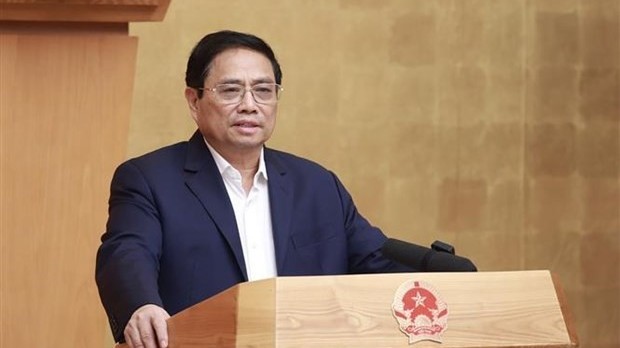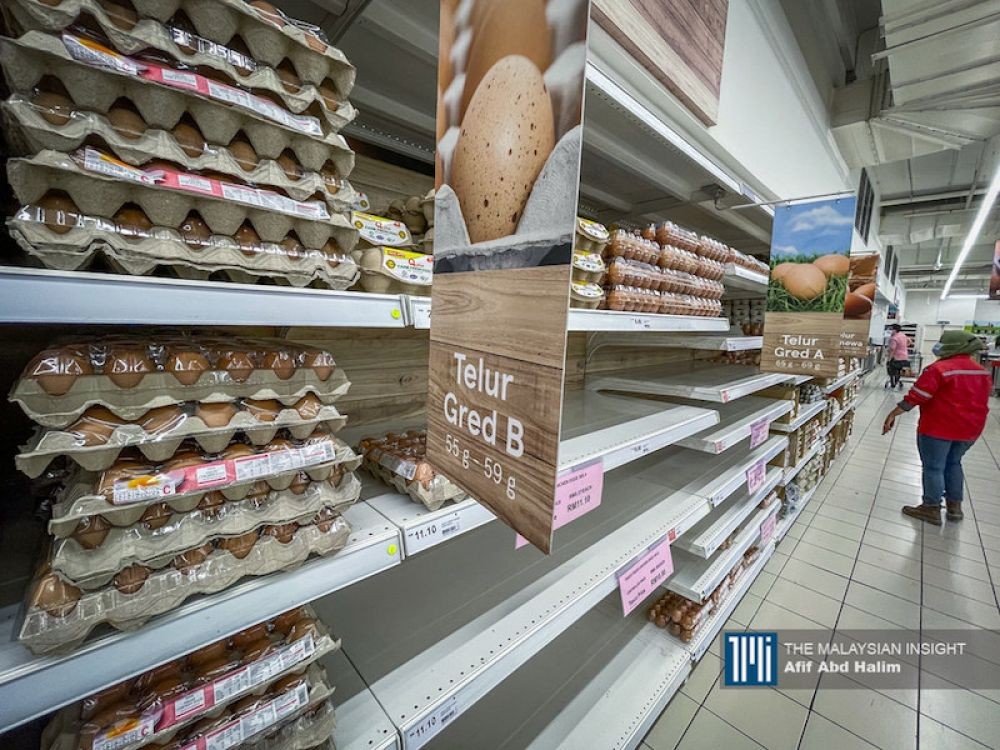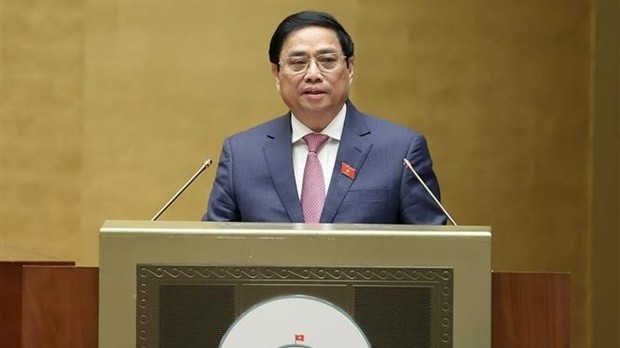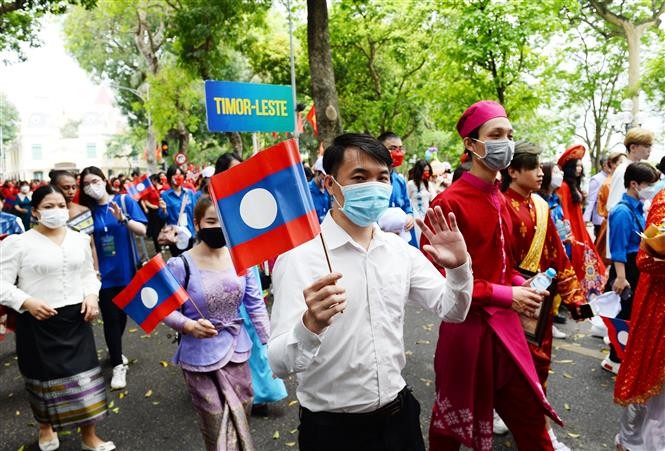
Southeast Asian nations striving to control inflation
Latest
 |
| Malaysia’s strategy to tackle inflation and rising cost of living has shown results. (Source: The Malaysian Insight) |
On July 21, the minister told the press that the five-pronged strategy targets close cooperation with the special task force to tackle inflation; the control of the price of necessities through targeted subsidies; engagement with industry players to stabilise prices; collaboration with all enforcement agencies to reduce leakages especially involving subsidised goods; and the expansion of the Keluarga Malaysia Sales Programme (PJKM) to 613 state constituencies to reduce the people’s burden by offering essential goods at 20% cheaper than the local market prices.
Nanta said the ministry believed that the engagement sessions with industry players including the special task force to tackle inflation will have an impact on reducing the prices of cooking oil and other essential goods.
The Philippines is also looking to strike import deals with some of the world's biggest fertiliser suppliers, including China and Russia, to help lower costs and increase food production amid high inflation, the government said.
President Ferdinand Marcos Jr. plans to reach out to China, Russia, Indonesia, United Arab Emirates and Malaysia to secure fertiliser supplies at favourable prices, according to a statement issued by his office.
Marcos has vowed to boost agricultural output over the next six months, saying he wants the Southeast Asian country to reduce its reliance on food imports and avoid being hit hard by a food crisis looming over the world.
Agriculture officials have warned of higher local prices of rice, the country's staple food, in the coming months partly due to surging costs of fertiliser, supplies of which have been disrupted by the Russia-Ukraine war. The Philippines imports most of its fertiliser needs.
Partly driven by higher costs of some food items, Philippine inflation averaged 4.4% in the first half of this year, above the official 2%-4% target band, with the June rate of 6.1% being the highest in nearly four years.
Meanwhile, Indonesia’s consumer price index (CPI) this year is expected to reach 4.5%-4.6%, surpassing the target of 2% to 4% set by Bank Indonesia, Governor Perry Warjiyo said.
The Bank Indonesia Governor told the press on July 21 that the high inflation was due to unsubsidised food and energy prices. Moreover, supply pressure and global supply chain disruption are also pushing up the prices.
Indonesia's CPI rose 4.35% in June, the biggest year-on-year climb since June 2017.
However, Warjiyo held that the inflation will return to the set target next year, adding that the central bank will step up policy coordination with the government through the Central and Regional Inflation Control Teams.
























